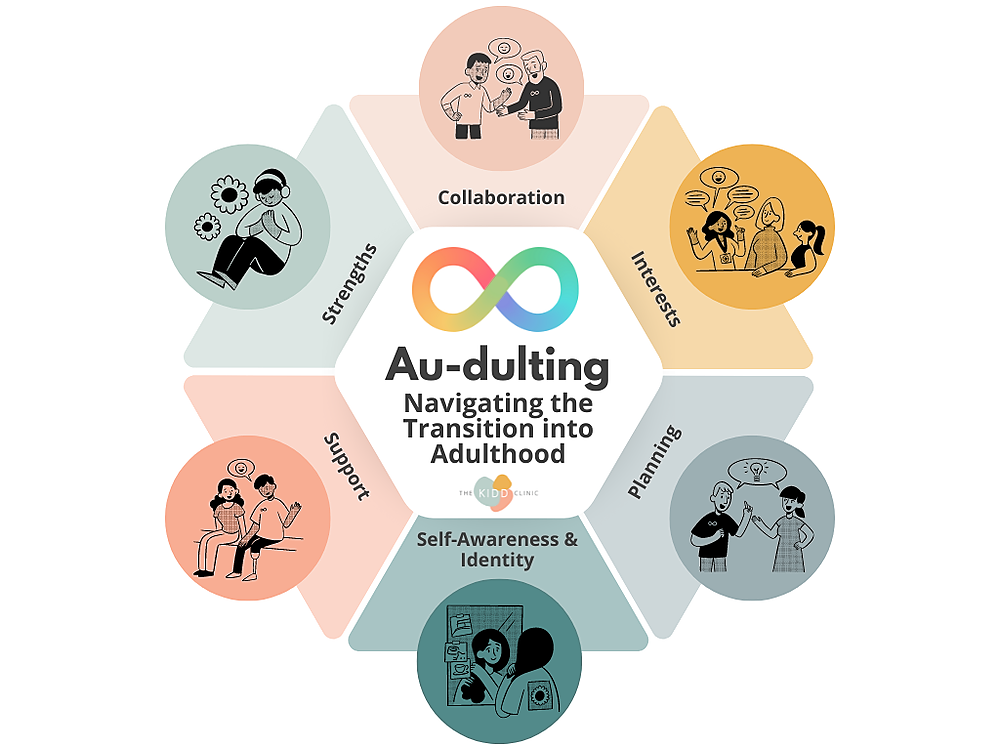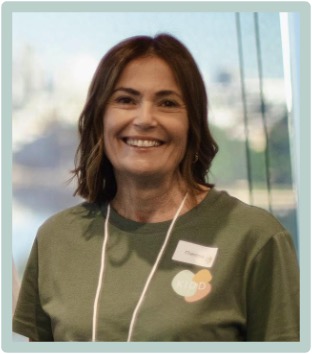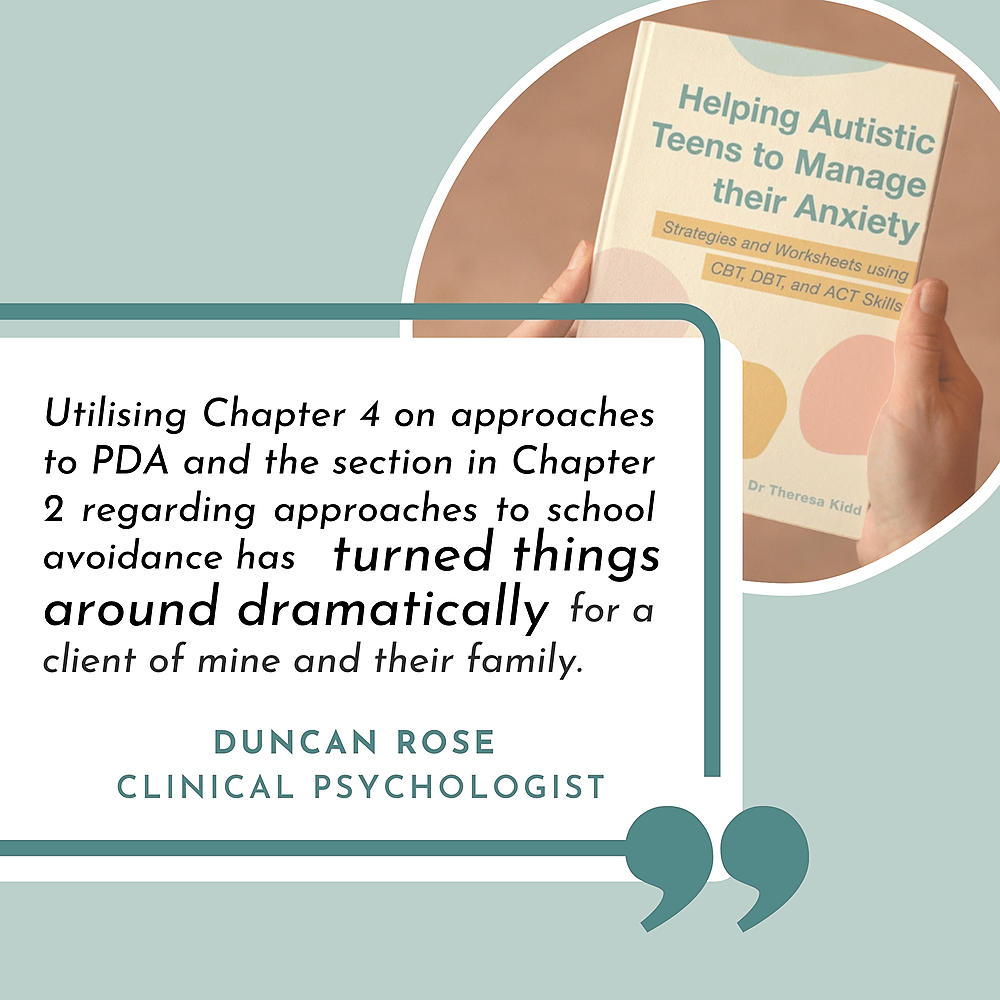The MAPS Program for Parents: Mapping Autistic Pathways Successfully
Event description
For many young Autistic people, their families, and school staff, the transition to adulthood is a daunting one,
marked by significant changes in available services. More than half of young Autistic adults are not successfully
transitioning to adulthood in the first two years after high school. However, proper planning can ease this
difficult transition and ensure that Autistic individuals build the skills and establish the support that will
allow them to flourish in adulthood.
Parents and school staff often ask me, “When is the best time to start planning for the transition from high school to adulthood?"
This important transition is best initiated by Year 9 or 10 of high school, depending on the young person's developmental stage however it is never too early or late! While a collaborative process is ideal (e.g., involvement of school staff, the young person and family), training around this process can initially begin with parents.
I created the Mapping Autistic Pathways Successfully (MAPS) parent program after observing the transition challenges and needs post-high school for Autistic and PDA young people. Parents often felt unsure as to how to best support their child in planning for post-school options.
The MAPS parent program focuses on helping parents understand their child’s neurotype, strengths, interests, values,
and utilise MAPS tools to maximise participation in high school, higher education, employment, and independent
living for Autistic adolescents or young adults. To support the transition to adulthood, individualised approaches
are the foundation of the MAPS approach, with the aim of building the foundations for a positive and meaningful
adult life.

The MAPS program will be presented via four online sessions providing information on the following topics from a neurodiversity-affirming lens
Weeks 1-4
- How do I begin supporting my child to prepare for post-school life?
- Strategies and solutions for involving school staff and/ or other supporting adults
- Ways to engage your adolescent in the process - exploring options, reducing uncertainty and increasing decision making
- You have a child with a PDA profile? Creative and authentic ways to support their journey into adulting
- Elements of the MAPS program including practical templates to work though each domain
- Thriving in your role as parent and supporter
- Connecting with post-school services - what are the options?
- Hearing from Autistic young adults - what helped?
Throughout the online sessions, Dr Theresa Kidd will draw upon her knowledge and skills gained from:
- Lived and family experience of Autism, ADHD and PDA and homeschooling
- Clinical and research experience in supporting Autistic adolescents, young adults, and their families transitioning from secondary schooling
- Co-founding and managing the Curtin University Mentoring Program for Autistic university students
- 10 years experience working within the Disability Employment Service field
- Working with and training school staff in supporting students to transition from high school
The information in this training is tailored towards parents. Teachers and other school staff can
request our training tailored specifically for supporting students in the transition from high school.
As part of your registration for this event, you will receive practical templates and helpful resources and links. The Virtual Event Hub will be accessible to attendees a week before the first session, more information will be sent to ticket buyers closer to the event.
What are the dates?Wednesday 25thSeptember, 2, 9, & 16 of October - 10am -11.30am AWST
Do I need to sign up for all four sessions? Yes you do, if you can't make one of them you will be able to watch the recording over the next week.
Can I use my child's NDIS funding?Some parents are able to as they have parent training
within their child's plan - check with your plan manager or LAC if you are unsure.
Meet Your Presenter
(other TKC team and community members may also present in sessions)
We are an Allied Health clinic located in Borloo (Perth), Waylyup (Fremantle) and Naarm (Highett). We provide a range of evidence-based assessment, therapeutic, supervision and training services from a neurodiversity-affirming framework; honouring and listening to lived experience voices. At The Kidd Clinic, we value providing neurodiversity-affirming care and recognise the importance of sharing this knowledge with others in the community.

Dr Theresa Kidd has a neurodivergent family including two PDA children (now young adults). She is a clinical
psychologist, research fellow and the clinical director of The Kidd Clinic, a private, national psychology group
practice focused on Autism, ADHD, and mental health across the lifespan. Theresa is committed to helping
neurodivergent individuals of all ages to minimise their challenges, harness their strengths and to achieve
meaningful life goals. Theresa is passionate about increasing family quality of life by assisting families to be
as strong and healthy as possible.
With a passion for intervention research, Theresa embarked on a PhD which focused on using family-based cognitive behavioural therapy (CBT) to reduce anxiety in autistic adolescents. Concurrently, she co-developed and managed the Curtin University Specialist (peer) Mentoring Program to support autistic university students to successfully engage in tertiary settings. Following, she embarked on a post-doctoral research fellowship with Macquarie University where she coordinated a national trial to reduce anxiety and bullying victimisation in children.
In addition to her clinical and research work, and supervising other psychologists, she regularly presents to parents and professionals on Autism and co-occurring mental health problems, Pathological Demand Avoidance, and neurodiversity affirming practice. She has co-authored several articles and manuals related to Autism and has recently written a book, Helping Autistic Teens to Manage their Anxiety.

Online Event Hub
On the Hub, you will be able to find the instructions to help access the webinar on the day, the link to the
webinar and templates/resources. We will also have information listed on the hub on how to access the webinar
recording after each session. If you buy a ticket but do not receive an email a week before the event
please contact us at events@kiddclinic.com.au
Webinar Terms and Conditions
Any training materials developed and provided by The Kidd Clinic for this training cannot be shared with individuals
who do not have a ticket without prior consent from The Kidd Clinic. The recording will be available for viewing
for only 7 days from when it becomes accessible. Please note that it may take up to three days for the recording
to be uploaded and ready to access.
For cancellations for any reason, including change of mind, the following terms apply: • Cancellations must be made in writing to events@kiddclinic.com.au. • Cancellations made 15 days or more before the event will incur a 50% cancellation fee. • Cancellations made 14 days or less before the event will incur a 100% cancellation fee. • Refunds will not be offered in the event of non-attendance. A recording of the event will be available for 7 days following the event.
Not a parent but want to learn more about this topic?
Contact our Training Team at training@kiddclinic.com.au to find out more about how The Kidd Clinic can help you, or your organisation, meet your learning goals.
Tickets for good, not greed Humanitix dedicates 100% of profits from booking fees to charity



